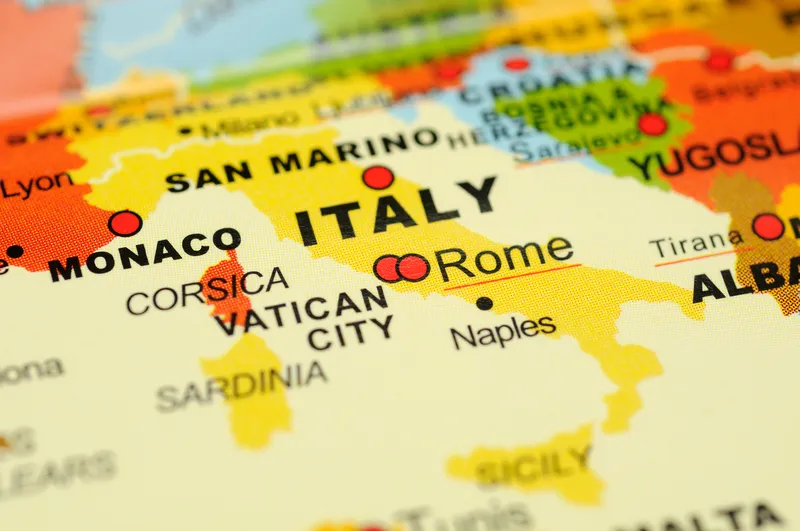The plans for Chile's new Vespucio Oriente highway are under a question mark at present. The Chilean Construction Chamber (CChC) and the association of concession-holders (COPSA) have raised concerns over the plans by the country's government to press ahead with the construction of the 13km Vespucio Oriente highway in capital Santiago.
February 14, 2012
Read time: 2 mins
The plans for Chile's new Vespucio Oriente highway are under a question mark at present. The 2608 Chilean Construction Chamber (CChC) and the association of concession-holders (2609 COPSA) have raised concerns over the plans by the country's government to press ahead with the construction of the 13km Vespucio Oriente highway in capital Santiago. However, the 2610 Ministry of Public Works in Chile (MOP) is expected to open a tender process for the project to build the Vespucio Oriente motorway in December 2011. The Vespucio Oriente highway motorway will link the Grecia Avenue and El Salto and is estimated to cost up to US$1.5 billion. But CChC and COPSA have raised concern as the MOP has revealed that it will not carry out around $8 billion of infrastructure improvements considered vital to sustain economic growth. Firms planning to bid for these projects consider it unlikely that the contracts will be awarded in 2012 as scheduled. MOP says that with regard to the Vespucio Oriente highway, the tender process could be opened in December 2011 or early 2012. Meanwhile, 2611 Globalvia Infraestructuras is planning investments of improvements worth $340 million are being planned for the Autopista del Aconcagua highway concession during 2011. This road links Santiago to Los Vilos and work to the first 15km is considered crucial and is expected to cost $163 million. This upgraded link should be open to traffic in 2013-2014. Another major project involves rebuilding the Cuesta de Las Chilcas section, which is expected to cost $70 million. This works will commence at the end of 2011 and is expected to take from 18months- 24 months. In addition, a further $55 million will be spent on improving connections with rural areas, while $16 million will be invested in bridge upgrades and a further $37 million for a series of safety upgrades. This news comes as Chilean president Pinera is revealing plans for transport investments of $11.7 billion in Santiago between 2011 and 2014. The plans include new Transantiago routes and the construction of 600km of exclusive lanes for bicycles. The urban perimeter of Santiago will also be extended to encompass population growth.






